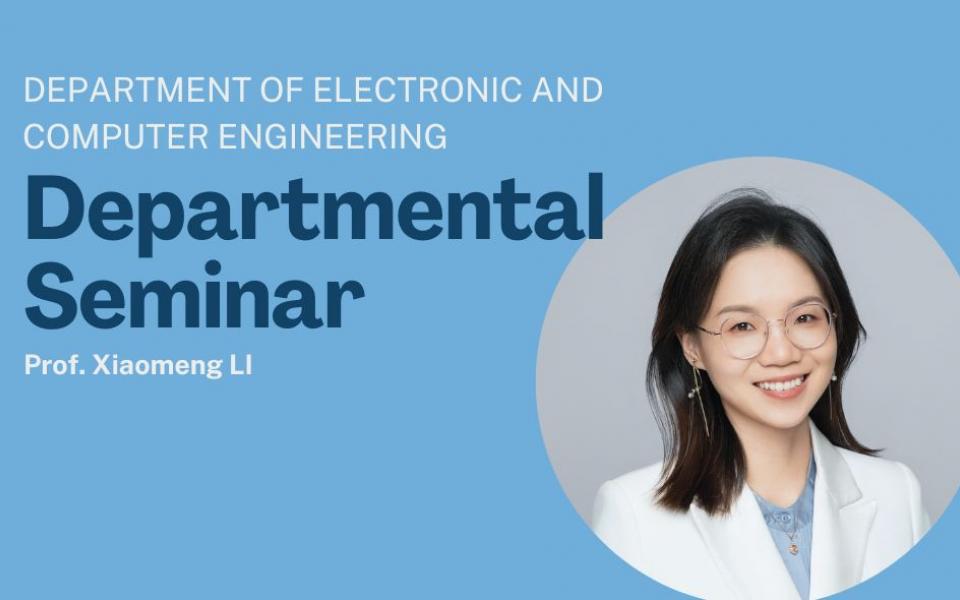ECE Departmental Seminar - Building the Future of Medical Imaging: Foundation Models for Cancer and Cardiac Diagnosis
Supporting the below United Nations Sustainable Development Goals:支持以下聯合國可持續發展目標:支持以下联合国可持续发展目标:
The application of Artificial Intelligence (AI) in medical imaging has traditionally depended on developing disease-specific models, a process that is data-intensive and leads to siloed solutions with limited generalizability. This seminar will explore how Foundation Models (FMs) are transforming this paradigm, enabling scalable, versatile, and generalizable AI systems for medical diagnostics. First, I will introduce PRET, a few-shot pan-cancer recognition system designed for flexible and scalable diagnosis across diverse organs, hospitals, and tasks—without the need for retraining and with direct usability by pathologists. Extensive evaluations across international hospitals and benchmarks show that PRET consistently outperforms existing methods on 20 tasks, achieving an AUC above 97% on 15 benchmarks and up to 36.76% performance improvement. Remarkably, PRET attains clinical-grade accuracy in lymph node metastasis detection using only eight slide examples, surpassing a panel of 11 pathologists. By offering a flexible, cost-effective solution, PRET advances accessible and equitable AI-assisted pathology, particularly benefiting underserved populations. Next, I will present EchoChat, a novel AI model for echocardiography analysis that empowers clinicians and sonographers to assess cardiac diseases with greater accuracy and efficiency. Together, these advances pave the way for robust and scalable diagnostic tools that accelerate clinical innovation and ultimately improve patient outcomes.
Before joining HKUST, Prof. LI was a postdoctoral research fellow at Stanford University. She obtained her Ph.D. degree in Computer Science and Engineering Department, The Chinese University of Hong Kong (CUHK). She worked closely with Prof. Pheng-Ann Heng, Prof. Chi-Wing Fu, Prof. Lei Xing, Prof. James Zou, Prof. Hao Wang in CUHK, Stanford, and MIT. She was the Champion of several international medical image diagnosis challenges. She won MICCAI NIH Award and one of her papers is listed among Most Popular Articles in IEEE TMI.
Prof. LI's research lies in the interdisciplinary areas of artificial intelligence and medical image analysis, aiming at advancing healthcare with machine intelligence. Her research focuses are: 1) developing machine learning algorithms for automatic and accurate disease diagnosis from CT, MRI, Chest X-ray, fundus photography, Ultrasound videos, etc.; 2) building more intelligent algorithms: label-efficient, generalizable, robust deep learning algorithms for real-world clinical practice.
